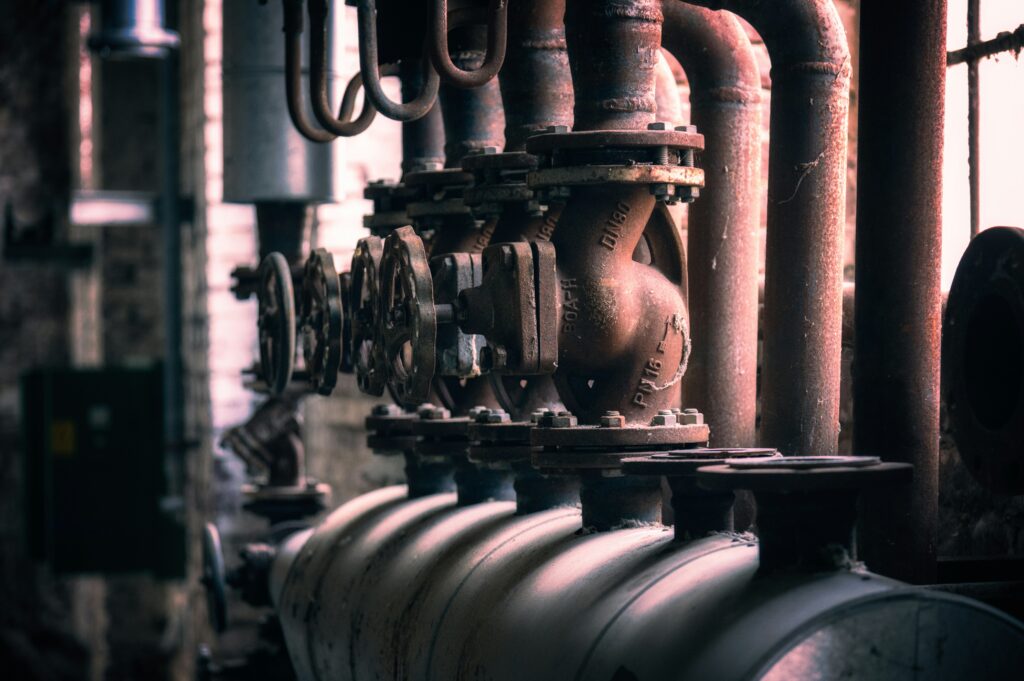Net-zero energy targets are an important but difficult undertaking for the building industry. Buildings use a considerable amount of power, resulting in high emissions. However, transitioning to carbon-free alternatives comes with its own complications and shortcomings. Smart boilers can make that shift easier.
A smart boiler functions like a normal heating system but integrates Internet of Things (IoT) functionality. This technology allows the equipment to gather and respond to real-time data, as well as connect to other smart devices. In doing so, it opens the door to several needed sustainability improvements.
Reducing Energy Waste
The most direct impact of smart boilers on net-zero energy goals is their ability to prevent waste. Conventional heating solutions typically consume far more power than they need because their output stays the same while external factors shift.
What it takes to maintain a certain temperature can vary from room to room and hour to hour. IoT sensors let boilers adapt to these shifts by automatically adjusting the system’s operation according to real-time factors like temperatures and humidity. As a result, they maintain optimal conditions while using as little energy as possible.
Boiler efficiency gains can cut furnace pollution in half, but the benefits of waste reduction go further. As heating systems lower their energy demands, switching to zero-emissions sources like wind and solar is easier — and may not provide as much capacity with today’s technology.
Optimizing Boiler Maintenance
Smart boiler technologies also make net-zero goals more achievable by addressing maintenance-related energy expenditures. IoT sensors can detect performance drops as soon as they emerge, letting technicians fix the system before the issue leads to significant efficiency reductions.
Like all machinery, boilers are most efficient when they’re in top condition. Because smart sensors detect operational problems before they’re noticeable to humans, they ensure the equipment maintains peak performance for longer stretches.
Proactive maintenance also reduces emissions from manufacturing replacement hardware. Boilers can last for 20 to 30 years when well-maintained. When smart technologies keep these systems in top condition for longer, they push back the need for replacements, reducing resource and energy consumption from manufacturing and installation.
Enabling Greener Boiler Technology
Property managers should consider the long-term advantages of smart boilers, too. Achieving net-zero targets is only possible if buildings move away from fossil fuels. Consequently, renewable-powered electric boilers are essential, and smart technologies make these more reliable.
Renewables can’t produce electricity on demand, so an area has to change how and where it diverts energy over time to prevent waste. The United Kingdom lost 1.35 billion kilowatt-hours of power over four months because of a lack of such adaptability. Buildings can avoid a similar fate by implementing IoT solutions.
Smart boilers can interact with other IoT endpoints on the grid, so they only get as much electricity as they need at any given time. When generation outgrows demand, battery storage can hold the excess, and smart boilers can draw more power from these batteries later, when generation falls. As a result, they combat waste.
Expanding District Heating
By reducing waste and expanding renewables, smart boilers make district heating a viable option. This involves taking heating to a community level instead of each building running an individual system. It makes efficient HVAC processes more cost-effective, but 90% of district heat currently relies on fossil fuels.
As smart technologies make integrating renewables easier, they also make using solar and wind for large-scale projects possible. Energy authorities can then use electric smart boilers to provide district-level heat.
IoT’s maintenance and waste prevention benefits will also help, as they make electric boilers more cost-effective and reliable. These improvements, in turn, enable even larger steps toward net-zero energy targets than a building would be able to achieve within its own operations.
Smart Boilers Pave the Way for a More Sustainable Future
Heating is one of a property’s largest consumers of energy, making it one of the most significant areas of improvement for environmental goals. While smart boilers may not be the only way to address this need, their potential is impossible to ignore.
Upgrading conventional boiler systems with IoT technology can drive sustainability initiatives along several fronts. Buildings certainly need more than just an updated heating system to reach net-zero emissions. Smart boilers could be an important piece of the overall puzzle. Capitalizing on these benefits could reduce emissions in the meantime as organizations work toward larger shifts.



